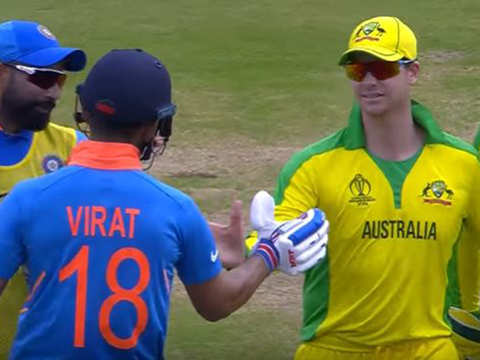Cricket, often considered a gentleman’s game, has traditionally been associated with a sense of fair play, sportsmanship, and camaraderie. However, in recent years, the cricketing world has seen a significant shift as politics has started to infiltrate the hallowed grounds of the cricket pitch. From player gestures to stadium banners, the sport is no longer immune to the global socio-political landscape.
In this blog post, we will delve into the phenomenon of cricketing protests, exploring the various incidents, their implications, and the broader debate surrounding politics on the pitch.
The Power of Symbolism
Cricket, like any other sport, has often been used as a medium for social and political statements. The most striking examples of this are player gestures. Athletes, especially in the international arena, have utilized their platform to bring attention to critical issues.
One such instance that garnered global attention was when several cricket players, including some from the West Indies, took a knee in solidarity with the Black Lives Matter movement. This powerful gesture echoed across the world, sparking discussions on racial injustice, discrimination, and the role of sports in highlighting societal issues.
Nationalism and Rivalry
Cricket is an intensely nationalistic sport, with fans fiercely loyal to their teams. However, this fervent nationalism can sometimes take a more political turn. Matches between certain nations with a history of political tension can become the stage for heated displays of patriotism and even outright political protests.
For instance, India and Pakistan’s cricket rivalry is well-known, and matches between the two teams often carry a heavy political undertone. Fans from both sides have used these matches as an opportunity to make political statements, both in the stadium and on social media.
Boycotts and Calls for Change
In addition to symbolic gestures and nationalistic displays, cricket has also seen instances of players and teams boycotting matches or tours as a form of protest. The most notable recent example is the South African cricket team’s decision to not tour Pakistan in 2021 due to concerns over their players’ safety. This boycott sent a strong message about the role of politics in international sports.
Similarly, calls for change within the governing bodies of cricket have also taken on a political dimension. Critics have argued that the International Cricket Council (ICC) and various national cricket boards should take a stronger stance on issues such as human rights and inclusivity. The discussion around these topics has become increasingly intertwined with the sport itself.
The Fine Line
While cricketing protests have brought attention to important issues and have led to meaningful discussions, they have also sparked debates about the appropriate place for politics in sports. Critics argue that sports should be a unifying force, providing an escape from the troubles of the world. They worry that overt political statements on the field could alienate fans and lead to further divisions.
The cricketing world is still grappling with where to draw the line between athletes’ right to express their views and the need to maintain the purity of the sport. Finding a balance that respects both the players’ agency and the sanctity of cricket is an ongoing challenge.
Conclusion
Cricket, once considered a refuge from the tumultuous world of politics, is now firmly entrenched in the global discourse of activism and change. From player gestures to boycotts, the sport has become a platform for raising important societal issues.
As cricket continues to navigate this complex landscape, it is essential to remember that the sport’s inherent values of sportsmanship, fair play, and unity should guide these political expressions. Striking a balance between activism and tradition is the key to ensuring that cricket remains a powerful force for positive change while preserving its cherished heritage.
In a world where sports and politics are becoming increasingly intertwined, cricket stands as a testament to the enduring power of sport to inspire, unite, and effect change.



